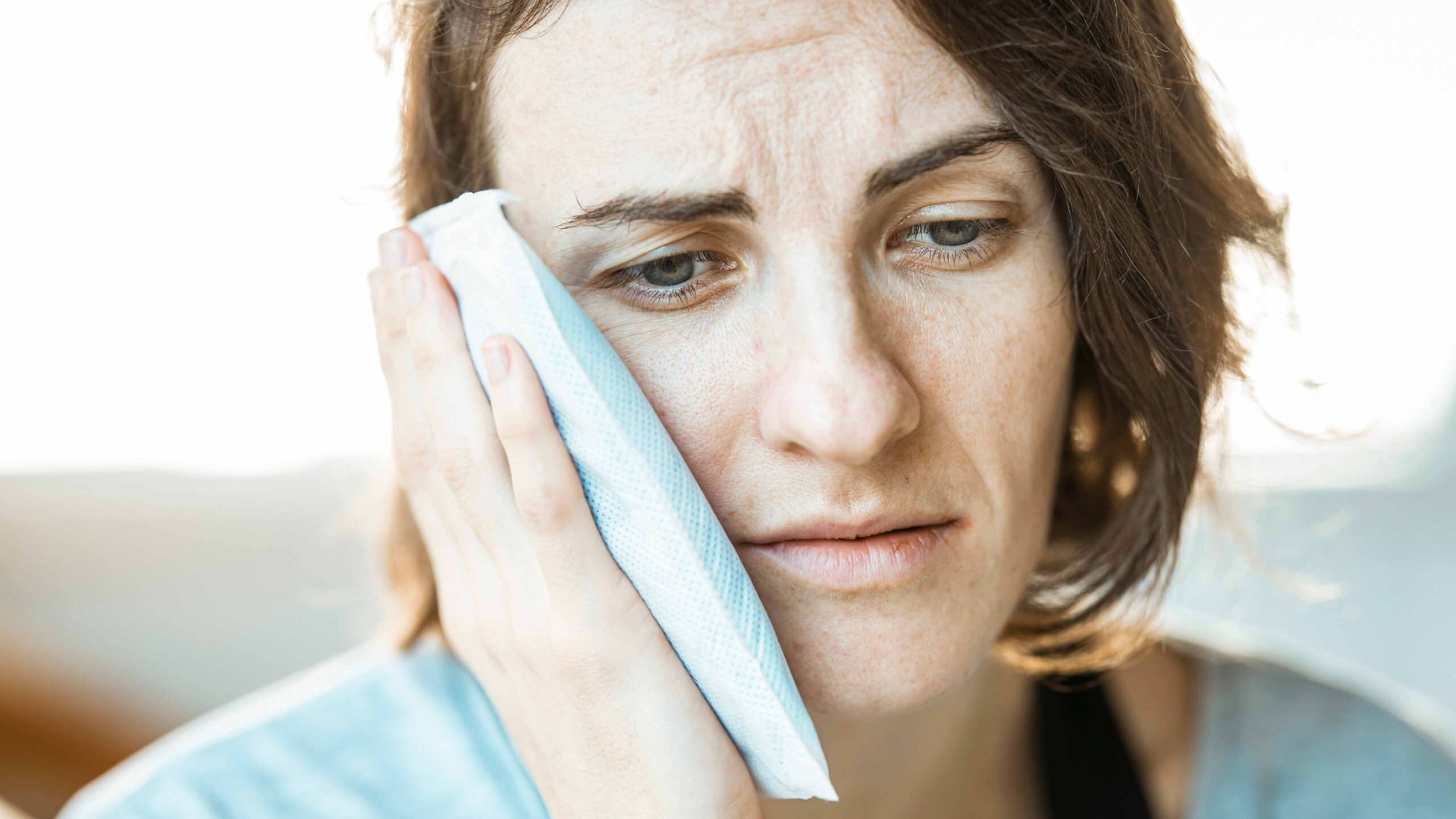Undergoing a root canal treatment can be a necessary step to save a damaged tooth and relieve deep-seated dental pain. However, it’s not uncommon to experience throbbing pain in the days following the procedure. Understanding how to stop throbbing pain after a root canal is crucial for a smooth recovery. Here’s an in-depth look at proven strategies to alleviate this discomfort and stop throbbing pain effectively.
1. Follow Post-Procedure Instructions How to Stop Throbbing Pain After Root Canal
After a root canal, your dentist will provide specific instructions to help manage pain and promote healing. Adhering strictly to these guidelines is essential for minimizing post-procedure throbbing pain. This can help you understand how to stop it after a root canal. Typical advice may include:
- Avoiding Hard and Crunchy Foods: Stick to soft foods that do not stress the treated tooth.
- Maintaining Oral Hygiene: Brush gently around the treated area and avoid flossing that could disturb any temporary filling.
2. Use Over-the-Counter Medications to Stop Throbbing Pain After a Root Canal
Over-the-counter (OTC) pain relievers can be highly effective in controlling throbbing pain after a root canal. Common recommendations include:
- Ibuprofen (Advil, Motrin): This nonsteroidal anti-inflammatory drug (NSAID) helps reduce inflammation and pain.
- Acetaminophen (Tylenol): An alternative for those who may not tolerate NSAIDs.
It’s essential to take these medications as directed by your dentist or according to the product instructions to avoid side effects and effectively stop it after a root canal.
3. Apply Cold Compresses to Stop Throbbing Pain
A simple and effective home remedy to stop throbbing pain after a root canal is to use a cold compress on the outside of your cheek near the treated tooth. The cold helps numb the area and reduce swelling, which can alleviate pain. Here’s how to do it:
- Wrap an ice pack or a bag of frozen vegetables in a thin cloth.
- Apply it to the affected area for 15-20 minutes.
- Repeat every few hours as needed, particularly in the first 24-48 hours after your root canal.
4. Elevate Your Head While Sleeping to Stop Throbbing Pain
Keeping your head elevated can help reduce blood pressure around the affected tooth, minimizing the sensation of throbbing pain. Use an extra pillow to prop up your head and upper body when you sleep to stop throbbing pain after a root canal more effectively.
5. Rinse with Warm Salt Water to Stop Throbbing Pain
A warm salt water rinse can help soothe irritated tissues and maintain oral hygiene. It can also reduce any lingering bacteria that could cause further discomfort. To make a saltwater rinse:
- Mix 1/2 teaspoon of salt in 8 ounces of warm water.
- Swish the solution around your mouth for 30 seconds.
- Spit it out and repeat a few times a day, especially after meals to help stop the pain after a root canal.
6. Limit Activities That Increase Blood Flow to Your Head to Stop Throbbing Pain
Strenuous activities or bending over can increase blood flow and exacerbate the throbbing sensation in your tooth. It’s best to avoid high-intensity workouts or activities that require significant exertion for the first few days post-procedure to stop throbbing pain after a root canal.
7. Stay Hydrated to Promote Healing and Stop Throbbing Pain
Staying hydrated can promote faster healing by ensuring your body’s cells function optimally. Water also helps flush out toxins and reduces inflammation in the body, which can alleviate pain and support your overall recovery to stop throbbing pain after a root canal.
8. Consult Your Dentist if Pain Persists
While some pain and discomfort are normal after a root canal, severe or persistent throbbing pain may indicate an underlying issue such as infection or complications. If your pain doesn’t subside within a few days or worsens, contact your dentist promptly for a follow-up examination to address how to stop throbbing pain after a root canal.
Preventative Measures to Minimize and Stop Throbbing Pain After a Root Canal
Although it’s common to experience some discomfort, there are proactive steps you can take to stop it after a root canal:
- Request Long-Lasting Anesthetic During the Procedure: Dentists can administer a long-acting local anesthetic that helps keep the area numb for several hours post-treatment.
- Avoid Smoking: Smoking can delay the healing process and contribute to increased inflammation.
- Stick to a Soft Diet: Foods like yogurt, applesauce, mashed potatoes, and scrambled eggs are gentle on your teeth and minimize irritation.
Home Remedies That Complement Professional Care to Stop Throbbing Pain
In addition to the above methods, some patients find relief using natural home remedies alongside their dentist-prescribed treatments to stop throbbing pain after a root canal:
- Clove Oil: This natural remedy contains eugenol, a compound with anesthetic and anti-inflammatory properties. Apply a small amount to a cotton swab and gently dab it on the affected area.
- Essential Oils: Lavender or peppermint essential oils diluted with carrier oil can be applied around the jawline for a soothing effect.
Final Thoughts
Experiencing throbbing pain after a root canal can be stressful, but it is generally temporary. Following these strategies can greatly ease discomfort and help stop throbbing pain after a root canal. Always communicate with your dental care provider if pain becomes severe or lasts longer than expected, as professional evaluation ensures optimal recovery and peace of mind.

